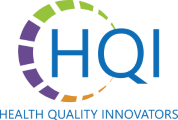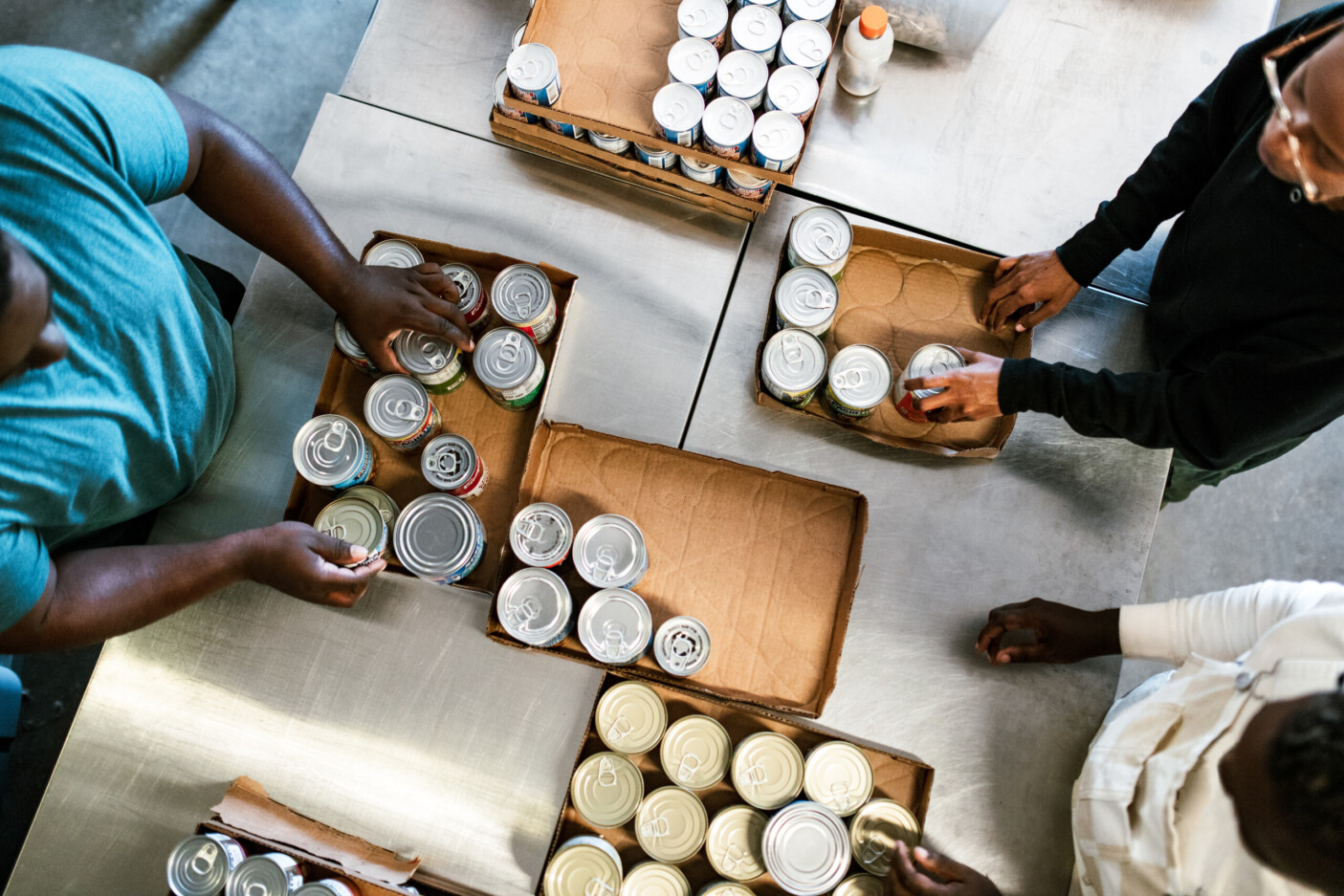
Removing Barriers to Diabetes Prevention Program Referrals
Client: Primary care practices engaged in a regional effort to improve health outcomes for people with diabetes and other chronic diseases.
Challenge: The state health information exchange (HIE) developed a bi-directional referral tool for community-based programs that help people prevent or control chronic diseases. HQI population health experts trained primary care practices to identify eligible patients and use the HIE referral tool. But few patients with prediabetes were being referred to local, no-cost Diabetes Prevention Programs (DPPs). The practices lacked time to explain the program and its benefits during visits and lacked resources to contact patients for post-visit discussions.
Solution: HQI worked with a regional hospital-community partnership and a Community Health Worker (CHW) organization to create a better DPP referral process. The partnership’s IT analyst produced lists of eligible patients for contact by CHWs. When a patient agreed to participate in DPP, the CHW notified the practice, which entered the referral into the HIE to notify the DPP provider.
Results: Data indicated short-staffed practices were slow to complete referrals. HQI, the partnership and the CHW organization redesigned the referral process and trained CHWs to both contact eligible patients and initiate a DPP referral. In just four months, DPP referrals nearly quadrupled. Now more at-risk patients have the education, skills and support they need to prevent diabetes.
Sponsor: This project is funded by Prevention Link of Southern Maryland through a CDC grant to the Prince George’s County Health Department. HQI performs similar work for the Virginia and Missouri health departments.





